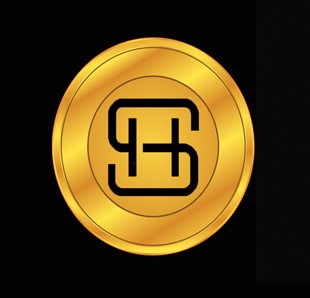By Professor Stephen R.C. Hicks, Rockford University, USA.
Lecture 7: What did the great Idealist philosophers believe and how did they apply it to education?

The associated reading excerpts are here: Plato (https://www.stephenhicks.org/wp-content/uploads/2011/09/plato_republic-poe.pdf) and Kant (https://www.stephenhicks.org/wp-content/uploads/2011/09/kant_immanuel-poe.pdf).
Previous lectures in the series:
Part One: Introduction: What is the purpose of education, and what is philosophy’s relevance?
Part Two: Reality: Metaphysics and Education. The Creation Story, the Big Bang Story, and more.
Part Three: Knowledge: Epistemology and Education: If education is about the transmission of knowledge, then what is knowledge? Or if it’s about training young people’s habits of mind, then what about alertness to evidence, skill with logic, and a commitment to reason? Does faith work? Is everything just opinion?
Part Four: Human Nature and Education: Free will and determinism, reason and emotion, the mind and the body, and more.
Part Five: Ethics: If education is to prepare students for living the best possible life, what is that?
Part Six: Integrating Philosophy with Education Strategy: If education is a systematic process of preparing one for life, how does one connect a full philosophy of life to an education strategy?
Other lectures in the series forthcoming:
Part Eight: Realism, Aristotle, and Locke, and Education
Part Nine: Pragmatism, Dewey, and Education
Part Ten: Behaviorism, Skinner, and Education
Part Eleven: Existentialism, Sartre, Camus, and Education
Part Twelve: Objectivism, Rand, Montessori, and Education
Part Thirteen: Marxism, Marx, and Education
Part Fourteen: Postmodernism, Foucault, Giroux, and Education
Part Fifteen: Education as One’s Mission, and Conclusion
Related: Stephen Hicks’s other posts and publications on Education.